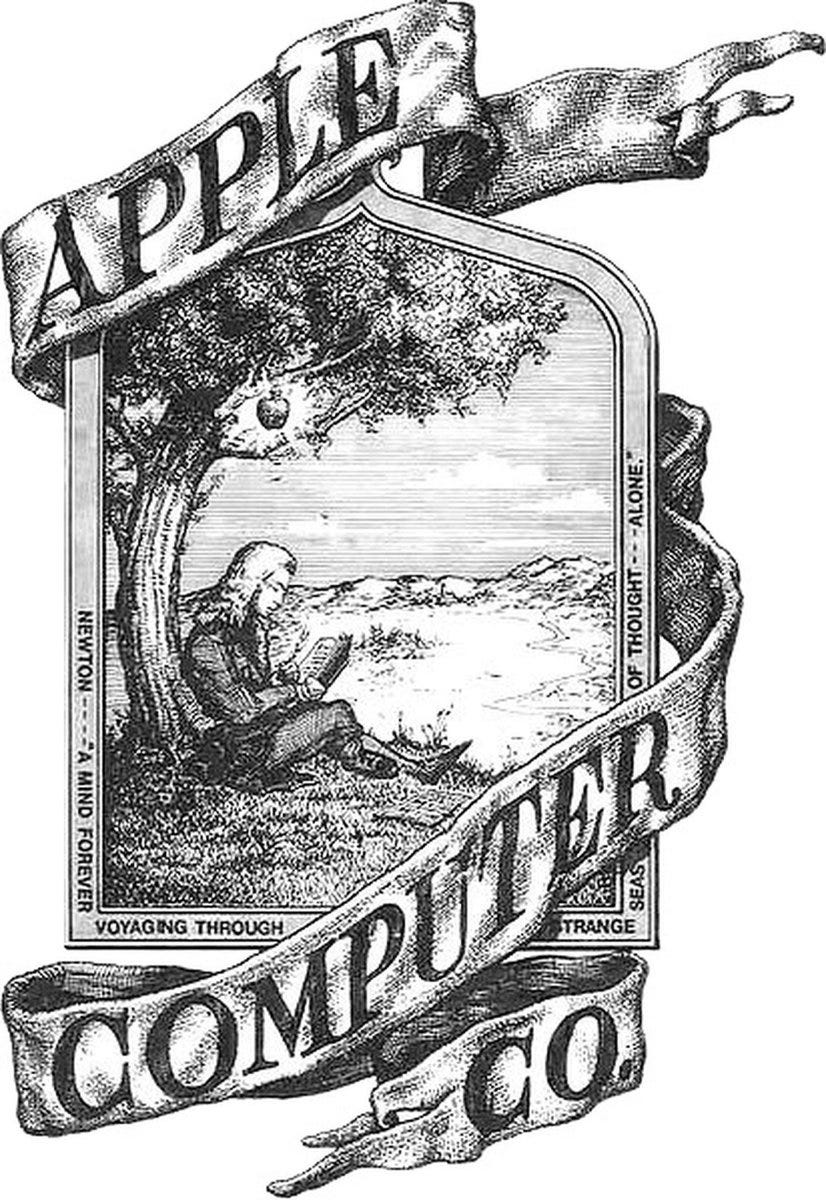There are a lot of animating myths about computers - computers are industrial, maybe they’re futuristic, maybe computers are tools of war or inhumane bureaucracy, computers are consumer products, maybe cyber is totalitarian or maybe cyber is punk or maybe it’s both. We use a lot of different stories when we make decisions about how much computer should go where, and why.
One story that has given us a lot, and seems to get a lot less credit than it should nowadays from you kids with your blockchains and your user experiences and your venture capital is that computers are psychedelic. The story goes like this:
A person with a computer, just like a person with language or writing, has a magical, prosthetic mind. An individual can use a computer to understand and know and explore things in ways you couldn’t understand and know and explore without one. That is what computers are for.
Here are a few useful technologies that sprang from that fountain, or at least drank deeply from it:
Smalltalk
The Apple II
BASIC
Perl1
Zork
ELIZA
EMACS
The Oregon Trail
Web comics
Wikis
PROLOG
The Hitchhiker’s Guide to the Galaxy
Netscape
Mondo 2000
Demoscene
Hacking
The Mandelbrot Set
Where in the World is Carmen Sandiego?
Centipede
The DNA Lounge
IRC
Sketchpad
String Art
Bob Moog
The Macintosh 128K
NeXTSTEP
Objective C
The Spice, Melange
Ultima
SHRDLU
Magic Eye
HAL 2000
Della Derbyshire
Who Framed Roger Rabbit?
DEVO
MUDs
Earthbound
X-Screensaver
and of course, the Tarot, one of the simplest psychedelic computers we can construct.
Notably not in this list are missile guidance systems, actuarial software, wherever they keep your permanent academic record, high-frequency trading systems, the iPhone, Uber, or Bitcoin.
UNIX, like The Rock-afire Explosion, can’t be included in the list because even though it has a strongly psychedelic nature and influence on it’s users, it doesn’t necessarily come from a psychadelic origin (unless you believe the story that it was originally built so that the authors could play Spacewar! on a PDP 7.) But Perl, `… a cleaned up and summarized version of that wonderful semi-natural language known as "Unix".’ definitely qualifies.


